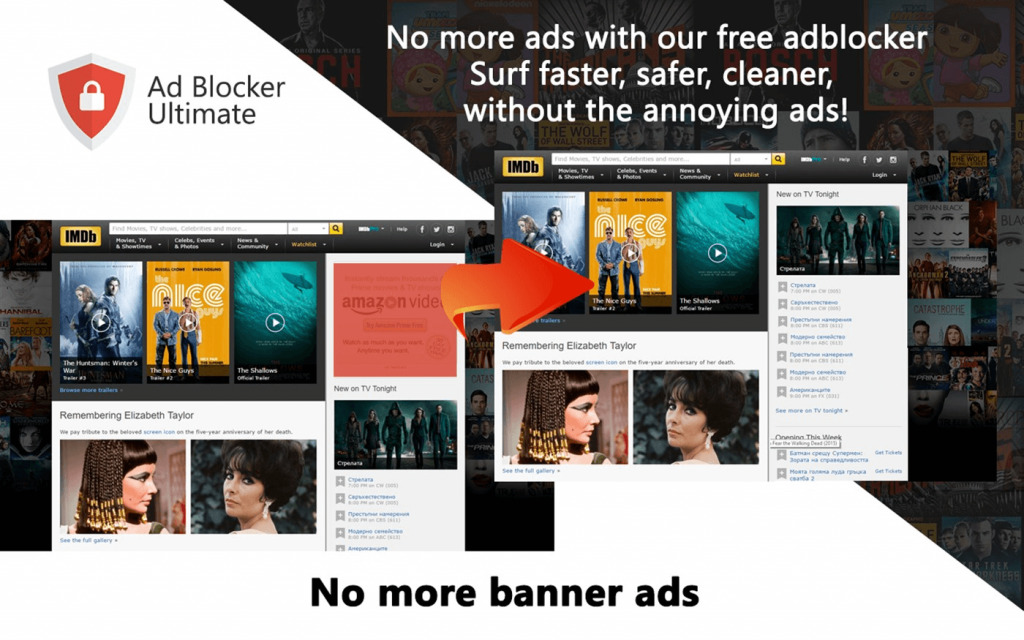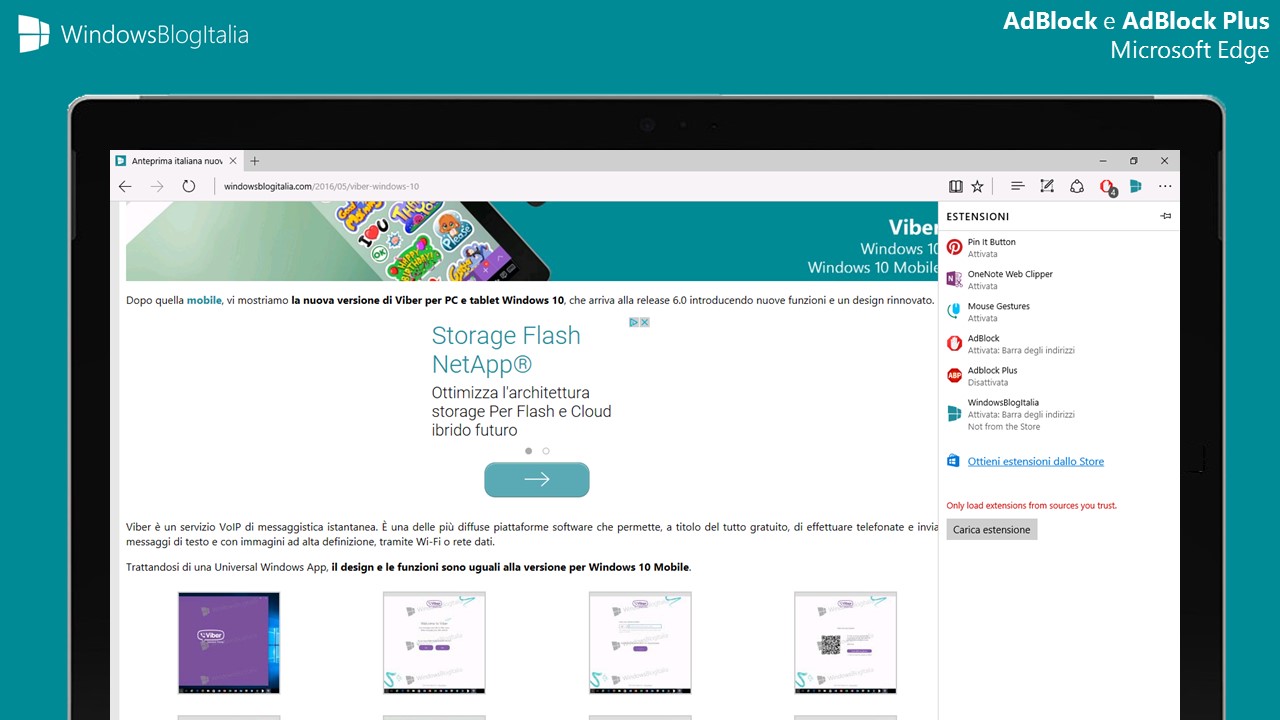
(Most Chrome extensions will also work with Microsoft Edge, Brave, Opera, and Vivaldi, though we haven’t fully tested them.) Of the two, I recommend Firefox if you prioritize privacy, as it’s much more focused on privacy out of the box compared with Chrome.


Not all browsers offer the exact same extensions, but Google Chrome and Mozilla Firefox are the two most popular browsers, and the ones I focus on here. They are sometimes created by developers as a hobby project to solve a problem for themselves, but are also developed by larger companies as part of their own suite of software. But browser extensions are simple, generally free add-ons that you can use to slow down or break this type of data collection, without completely ruining your experience of using the internet.īrowser extensions, also called add-ons, are tiny bits of software you can download to add new features to your web browser. Everything you do online-from browsing to shopping to using social networks-is tracked, typically as behavioral or advertising data.


 0 kommentar(er)
0 kommentar(er)
